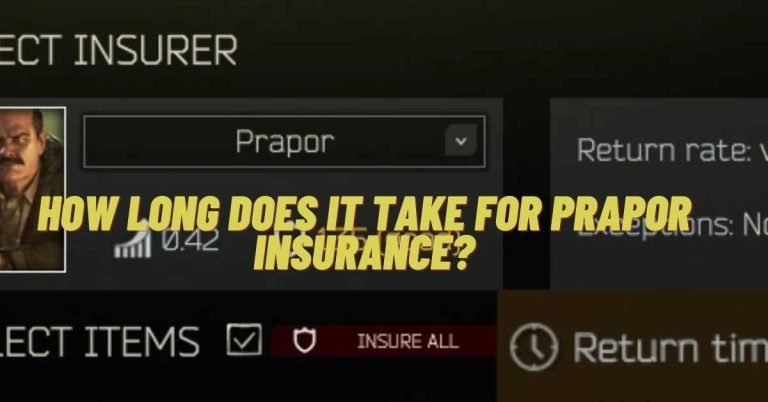Table of Contents
What is the definition of collision in insurance?
Collision insurance is a type of coverage on your insurance policy. Let’s say your car came into contact with another vehicle, or object (e.g. underground parking post, garage door, street sign), and was damaged somehow. If you had collision coverage, the cost to repair or replace your vehicle would be taken care of1.
What Is Collision Coverage? | Allstate Insurance
Is collision the same as full coverage?
Comprehensive insurance covers damage to your car caused by something other than a collision, such as a fire, natural disaster, falling object or vandalism. Collision insurance covers repairs to your own car when you hit another vehicle, an object like a tree or fence, or a road hazard like a guardrail.
What Is Collision Insurance?
Is collision better than comprehensive?
Generally, collision coverage comes into play because a driver gets into a car accident. Comprehensive is a separate coverage from collision. It helps cover different types of losses that are usually not the result of driving the vehicle, such as theft, hail or fallen trees.
Comprehensive vs. Collision Coverage Explained
What’s the difference between collision and full coverage?
Collision coverage pays for damages to your vehicle that are the result of a collision with another vehicle or a road hazard. Comprehensive coverage pays for other damages to your vehicle such as theft, vandalism, animal damage, falling tree branches and other environmental damage.
Collision Vs Comprehensive Car Insurance – Full Guide
Does collision mean crash?
Webster defines the word “crash” as ” breaking to pieces” by collision, and it defines “collide” as “coming together with direct impact.” Basically, both mean the same thing. A collision or crash means two vehicles have come into contact with each other, usually with some damage to the vehicle or its occupants.
What Is A Collision Insurance Deductible On A Car Insurance Policy?
What’s the difference between collision and full coverage?
Collision coverage pays for your vehicle’s damage if you hit an object or another car. Comprehensive insurance pays for non-crash damage, such as weather and fire damage. It also reimburses you for car theft and damage from collisions with animals.
What is Collision Coverage? – GEICO
What is included in full coverage?
Full coverage car insurance is a term that describes having all of the main parts of car insurance including Bodily Injury, Property Damage, Uninsured Motorist, PIP, Collision and Comprehensive. You’re typically legally required to carry about half of those coverages.
When to Drop Collision Insurance? : Answers to Insurance Questions
Is comprehensive the same as full coverage?
The difference between full coverage and comprehensive insurance is that full coverage is a car insurance policy that includes both comprehensive and collision insurance along with the state’s minimum requirements. Comprehensive insurance covers damage to a car from things other than accidents, like theft or fire.
What Does Collision Insurance Cover?
Is it worth getting comprehensive?
Comprehensive insurance can save you money if you can’t afford to pay for repairs (to your or someone else’s car) or live without your car. Third party property, fire and theft insurance might suit you if you park on the street. It will save you money if your car gets stolen.
Is collision or comprehensive more expensive?
Collision insurance covers drivers when they are in an accident with another vehicle or they hit an object. On the other hand, comprehensive insurance applies when a car is damaged by something other than a collision. Collision coverage is more expensive than comprehensive coverage.
When should you consider dropping collision and comprehensive coverage?
The standard rule of thumb used to be that car owners should drop collision and comprehensive insurance when the car was five or six years old, or when the mileage reached the 100,000 mark. (Plenty of websites weigh in on this.)


